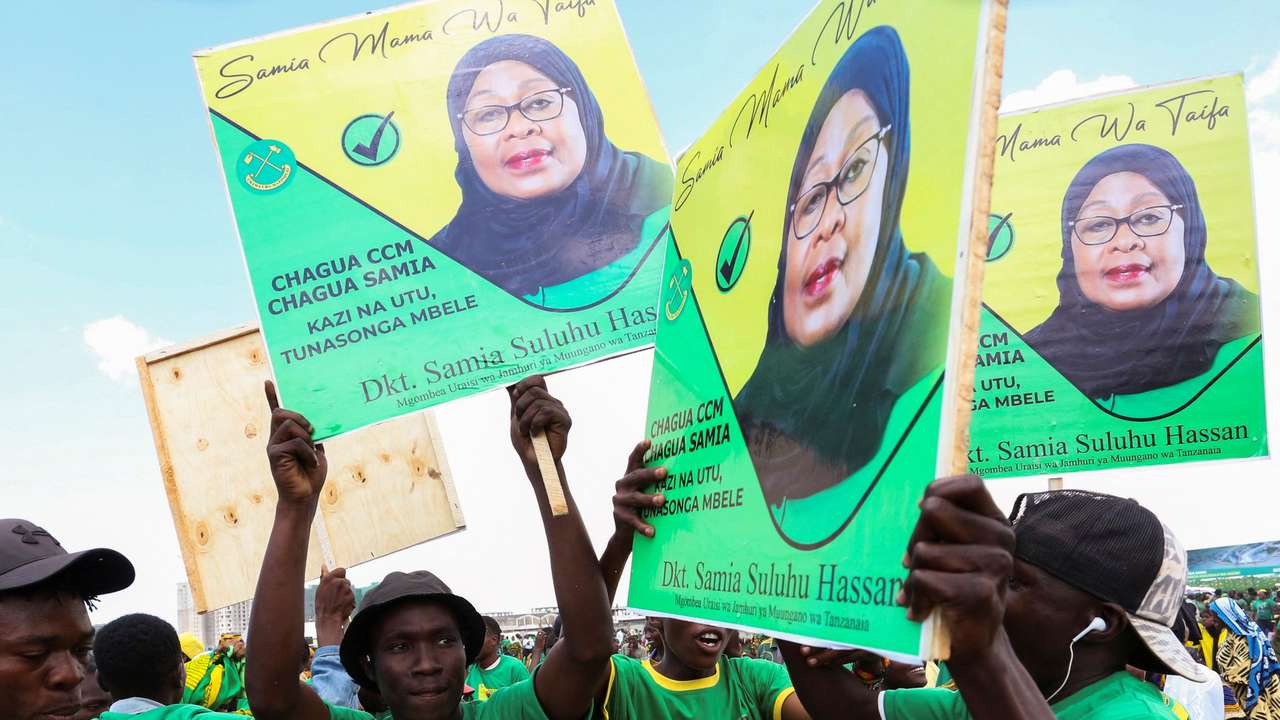But the path to re-election has been marked by the suppression of opposition voices, raising new concerns over the country’s democratic course.
Now there are widespread demonstrations across the country following the close of polls.
President Samia, who took office in 2021 following the death of former leader John Magufuli, is seeking her first full term. Since then, she has positioned herself as a reformer and bridge-builder, especially in international circles, but at home, her government has been criticised for systematically sidelining opposition figures and dissent.
The main opposition party, CHADEMA, has seen its most prominent leaders, including Tundu Lissu, being disqualified or detained in the run-up to the polls. The party’s vice chairperson, Tanzania Halima Mdee, has also faced legal pressure, while opposition rallies and media coverage have reportedly been restricted. These moves have left voters with limited choice and undermined the credibility of the democratic process.
United Nations Human Rights experts have expressed concern over “enforced disappearances, harassment of critics, and shrinking civic space,” warning that the political environment is becoming increasingly intolerant of dissent. In this context, the CCM’s overwhelming dominance - having been in power since independence in 1961 – appears set to continue largely unchallenged.
Despite these concerns, Samia has made new promises to address economic challenges, including youth unemployment, infrastructure development, and regional trade integration. Her administration has also pushed for reforms to attract foreign investment, framing the election as a mandate for stability and growth.
Meanwhile, as polls have closed, several hundred youth have begun demonstrations across the country, decrying the alleged lack of transparency in the voting process, internet shutdown across the country, among others.
